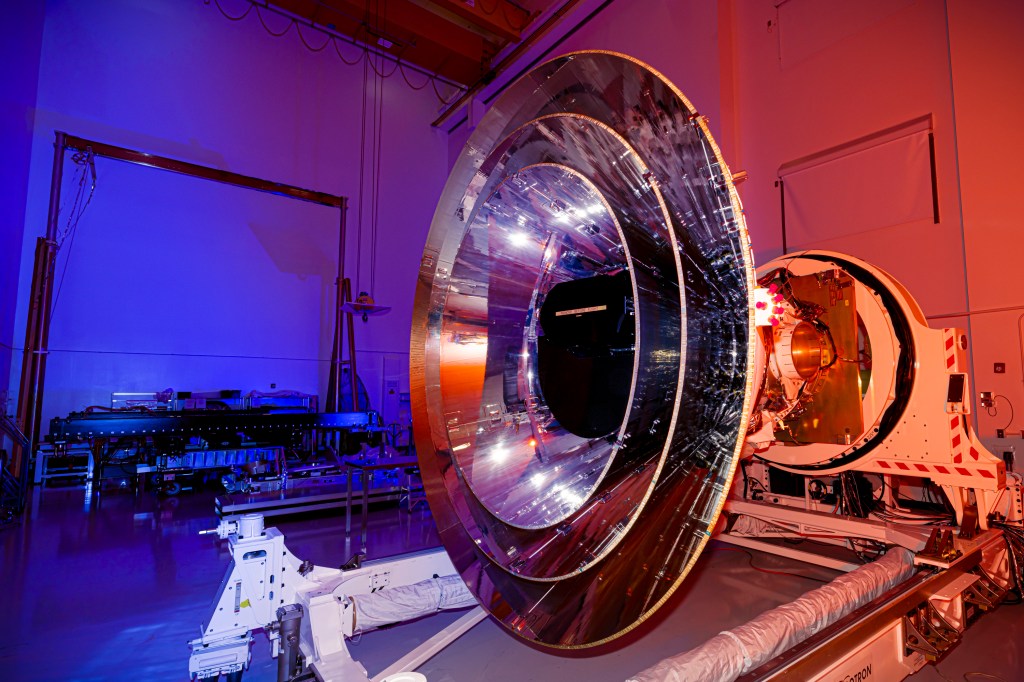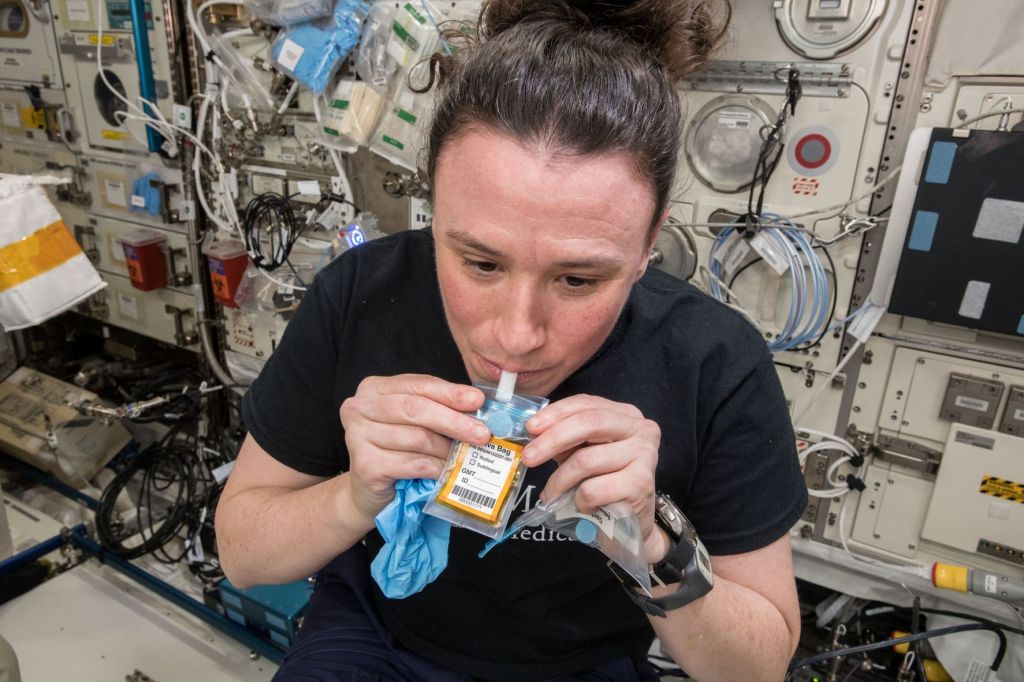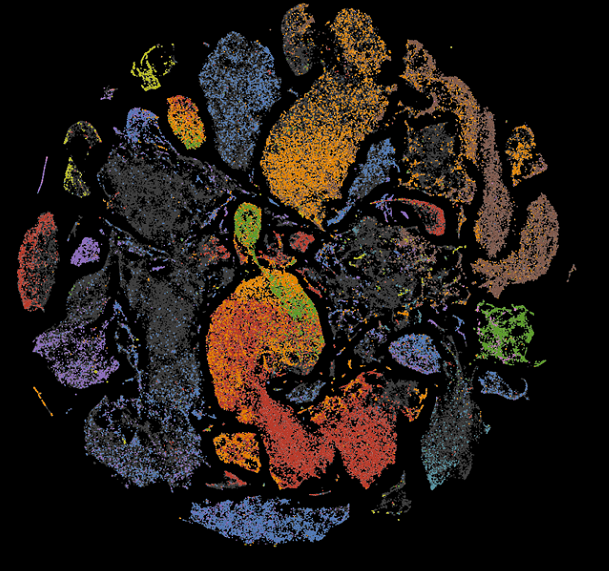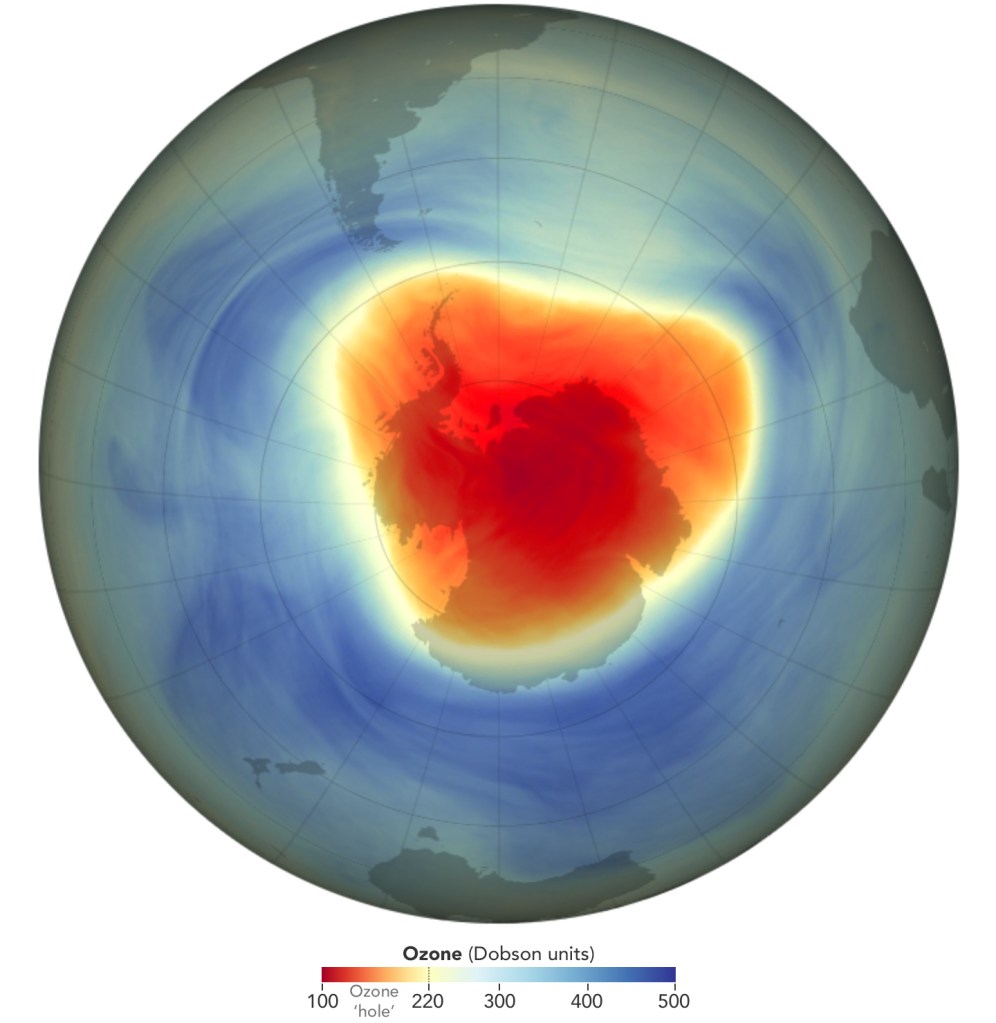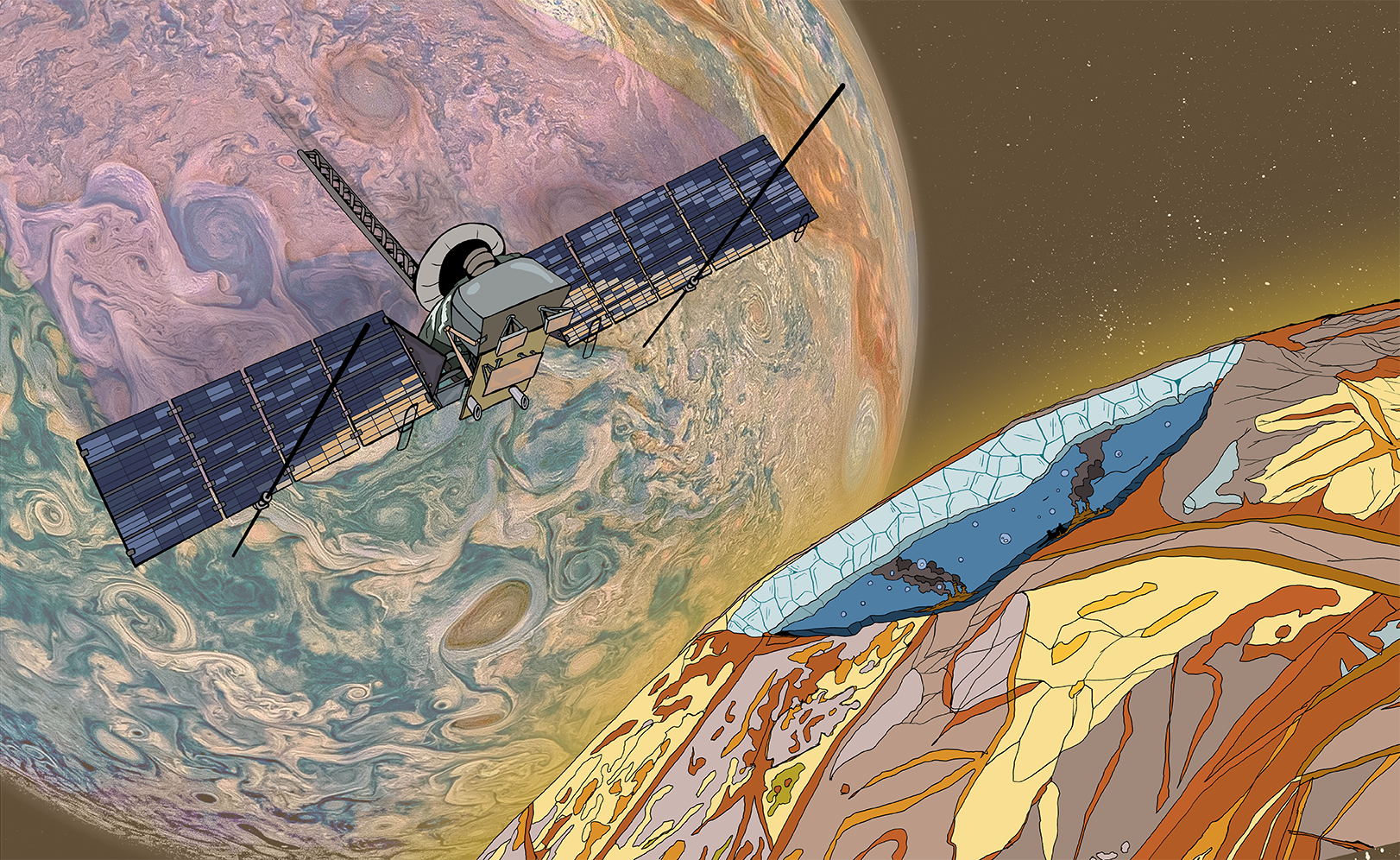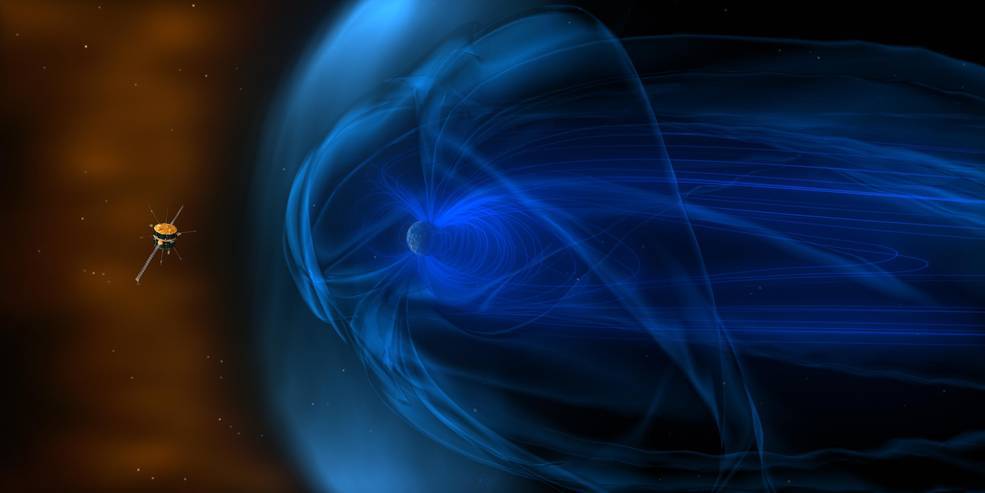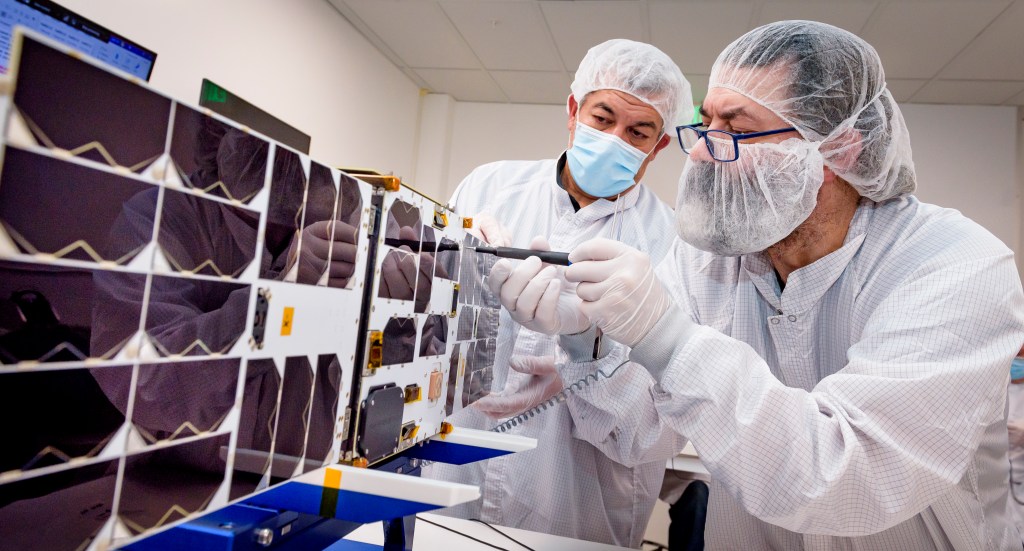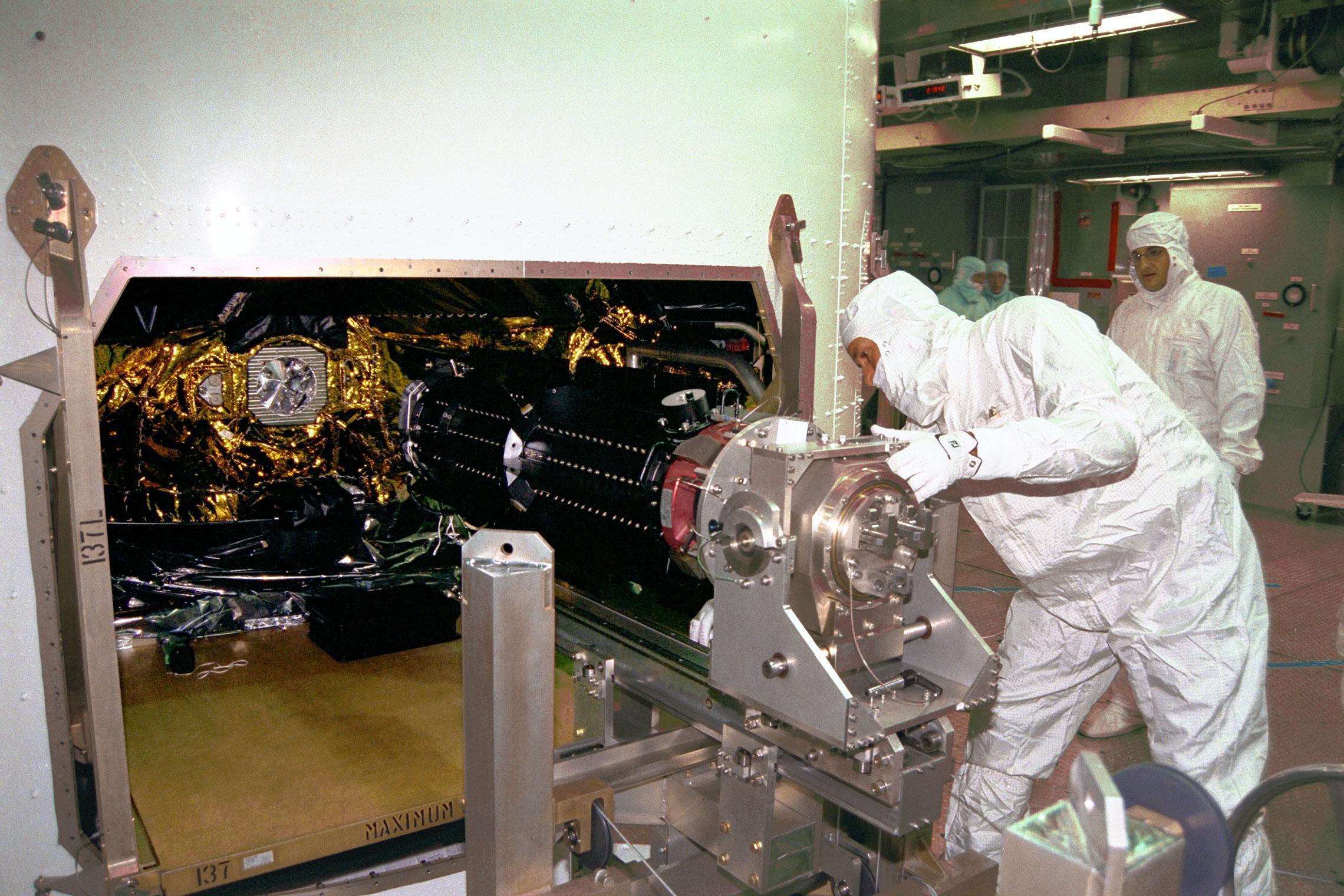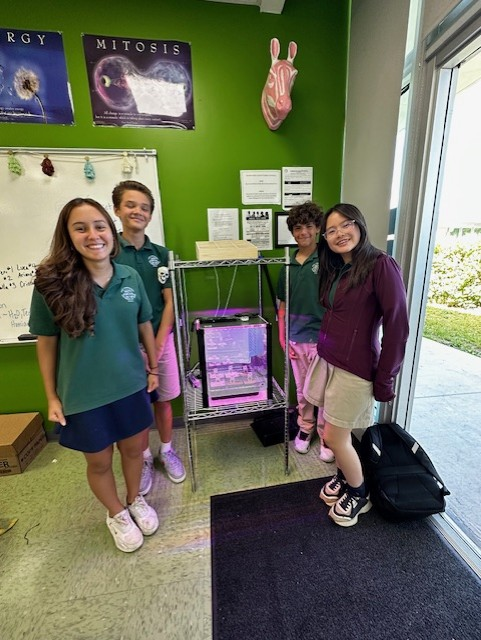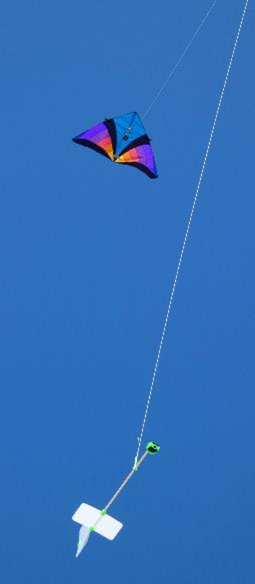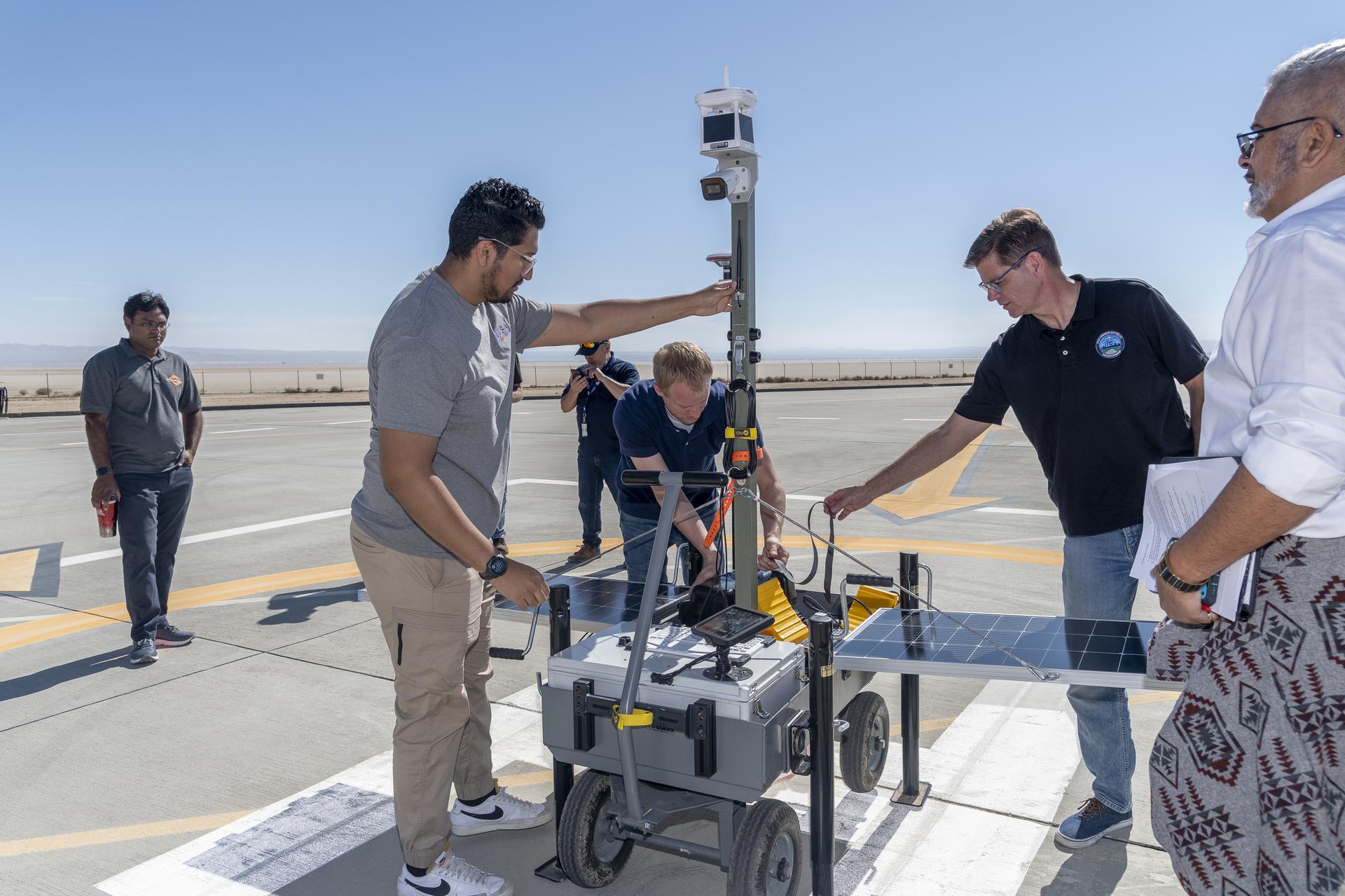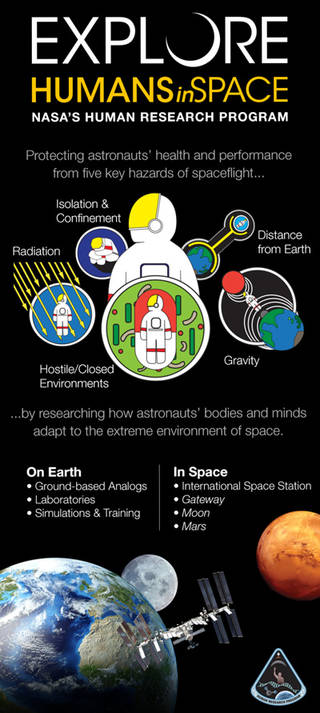In recent years, the objectives of our nation’s space program have grown increasingly sophisticated and ambitious. Future missions will focus on exploration at greater distances from Earth and extended stays in space. To ensure that these goals are achieved, NASA’s astronauts must be able to perform at peak productivity under even the most daunting conditions. The Human Research Program (HRP) is dedicated to discovering the best methods and technologies to support safe, productive human space travel.
From the challenges of providing appetizing food and optimal nutrition to managing the environmental risks posed by radiation and lunar dust, HRP scientists and engineers work to predict, assess, and solve the problems that humans encounter in space. Planned future missions will dramatically increase the scope of the challenges and demands that face NASA’s astronauts. The HRP is working to improve astronauts’ ability to collect data, solve problems, respond to emergencies, and remain healthy during and after extended space travel.
Part of HRP’s mission is to educate the public about the challenges of human space travel. As you navigate this site, you can learn more about the research and technology that supports and facilitates the work of the men and women who navigate the outer reaches of space.
The Human Research Program developed as a result of NASA’s refocus of the space program on exploration in early 2004. The Program uses research findings to develop procedures to lessen the effects of the space environment on the health and performance of humans working in that setting. With the goal of traveling to Mars and beyond, the Program is using ground research facilities, the International Space Station, and analog environments to develop these procedures and to further research areas that are unique to Mars.
The Human Research Program includes many facets of human space travel such as:
- Environmental Factors
- Exercise Physiology
- Habitability
- Human Factors
- Medical Capabilities
- Physiology
- Psychosocial and Behavioral Health
- Space Radiation
The Human Research Program is comprised of five Elements. They are the International Space Station Medical Projects, Space Radiation, Human Health Countermeasures, Exploration Medical Capability, and Human Factors and Behavioral Performance.
The Program Planning and Control Office reviews and integrates science activities across the HRP Elements, reviews the prioritization and implementation of flight and ground analog activities, communicates HRP research needs to other programs within NASA, and cultivates strategic research partnerships with other domestic and international agencies.
The Translational Research in Space Health (TRISH) is a partner with the HRP in developing a successful human research program.
Key Points
- The Human Research Program is dedicated to discovering the best methods and technologies to support safe, productive human space travel.
- The Human Research Program is working to improve astronauts’ ability to collect data, solve problems, respond to emergencies, and remain healthy during and after extended space travel.
- The Human Research Program investigators work to predict, assess, and solve the problems that humans encounter in space.
- The Human Research Program leverages assets through national and international collaborations.
- The Human Research Program educates and engages the public about the challenges of human space travel.
Locations
Click here to see how HRP’s work is spread across multiple NASA Centers
Contact Information
NASA – Johnson Space Center
Human Research Program
Mail Code: SA2
2101 NASA Parkway Houston, Texas 77058



